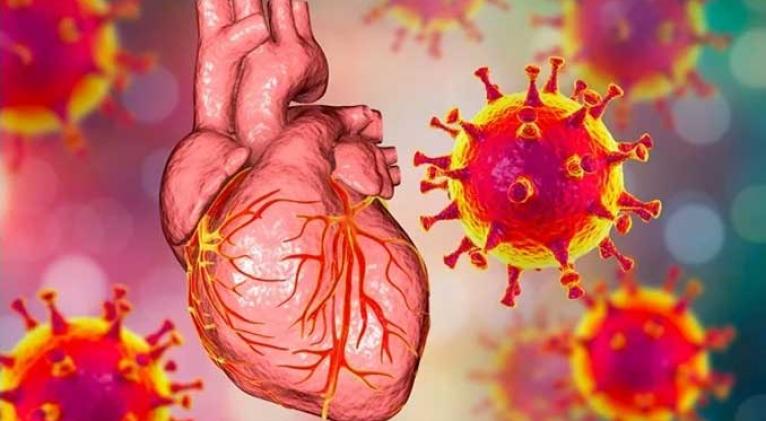Scientists find coronavirus mechanism to attack the heart
especiales

Berlin, Jun 30 (Prensa Latina) A team of scientists found coronavirus mechanism to attack the heart, according to a specialized source.
The coronavirus affects the cardiovascular system, mainly in patients with comorbidities such as high blood pressure, diabetes and obesity, the International Journal of Cardiology from 26 May 2022 published an article on these findings.
This study, led by a team from the Ruhr-University Bochum, Germany, is based on histochemical and microscopy methods to analyze heart tissue from patients suffering from Covid-19 and those who died from or with the disease.
In a first step, they provided evidence that the virus can indeed be detected directly in the cells of the heart muscle. “Our observations show that the virus exerts pressure on the heart muscle, attacks and weakens the contractile force, i.e. the pumping function of the heart.”
In the next step, the team set out to explore what promotes the increased proteolytic activity and apoptosis of cardiac myocytes. This suggests that Sars-Cov-2 enters cells as a result of the activation of the spike protein by enzymes responsible for the degradation of proteins, and that its entry into cells depends on these degradation enzymes.
In addition, Hamdani’s group investigated proteins that are responsible for apoptosis, i.e. cellular suicide. The team showed that while the apoptotic proteins had increased activity, their expression was drastically reduced. “This indicates that the proteins are cleaved and apoptosis is activated,” explains Nazha Hamdani. “The results imply that apoptosis contributes to the deterioration in cardiac contractility observed in Sars-Cov-2 patients.”














Add new comment